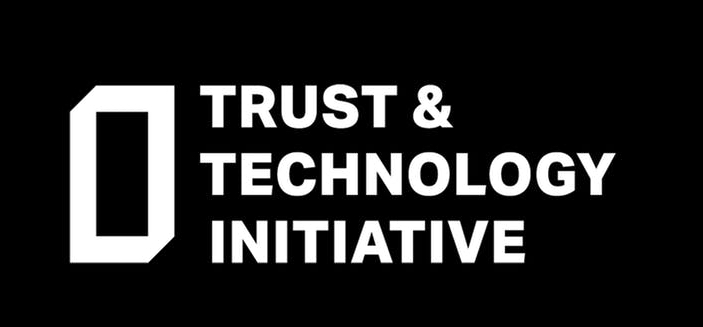
The trustworthiness of digital technology has become an important design consideration as the rise in digital tools is matched by a rise in data leaks, be it through malice or negligence. Computing devices are increasingly storing confidential information, from an individual's personal data to the intellectual and financial information of companies and public sector organisations. From large scale sensor networks serving the energy sector via banking transactions to connected smart domestic devices, all information transfer relies on the same set of fundamental processes and designs.
Many of these took shape at a time before the feasibility to network computers, let alone on the global scale of connectivity seen today, was beyond most developers' imagination and remit. As a consequence, certain legacy vulnerabilities have been passed down the generations of computer design. These are now being addressed by computer scientists re-examing and re-designing those 'first principles.'
A compatible situation is arising with the accelerating use of Machine Learning and Artificial Intelligence for various civic applications, where adoption of technology can occur ahead of developing the parameters that guarantee safe and appropriate implementation. Over the last few years, AI developers, policy makers, lawyers and civil rights organsations have begun to converge on establishing codes of ethics and principles of operationlising these ethics for legal processes, health applications etc.
While the notion of trustworthiness is open to interpretation, certain quality attributes can be associated with the design of trustworthy technology from a societal utility perspective: it needs to be secure, fit for purpose and transparent.
The debate of what constitutes 'trustworthiness' extends to human agents, too, i.e. developers and users - potential misusers - of digital technologies. Computer scientists, social scientists, lawyers and policy makers are increasingly exploring pitfalls and biases within their own professional domains to ensure that best practice is documented and passed on during the education of next-generation professionals.
The individual opinion pieces and events abstracts listed in this section of Research Perspectives reflect conversations in this space hosted at the University of Cambridge.
Contents:

